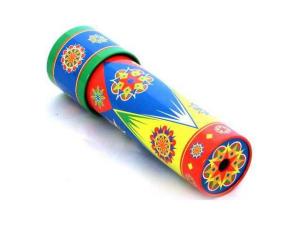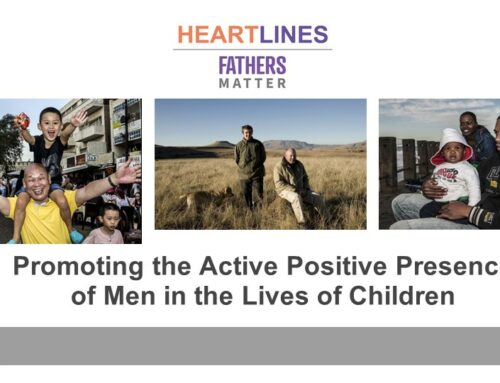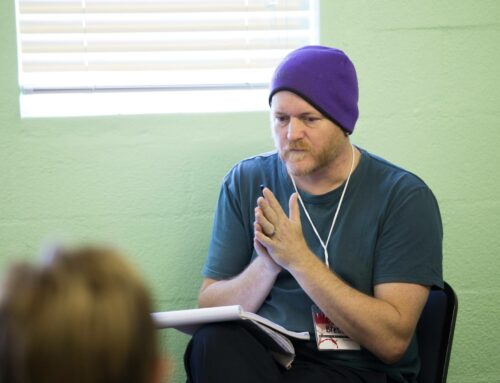i just read a really helpful piece by Brene Brown titled, ‘Own our History. Change the story’ which is focused on Americaland which has what feels like a completely different story, when it comes to present race issues, in many ways, but also some remarkably similar overlaps.
Owning our stories is standing in our truth. It’s transformative in our personal and professional lives AND it’s also critical in our community lives. But we don’t think about history as our collective story.
Until we find a way to own our collective stories around racism in this country, our history and the stories of pain will own us.
Brene is writing into the story of Americaland and yet replace ‘US’ with ‘South Africa’ and so much of this still rings absolutely true:
Our collective stories of race in the US are not easy to own. They are stories of slavery, violence, and systemic dehumanization. We will have to choose courage over comfort. We will have to feel our way through the shame and sorrow. We will have to listen. We will have challenge our resistance and our defensiveness.
We have to keep listening even when we want to scream, “I’m not that way. This isn’t my fault!”
We have to examine and own stereotypes and prejudices. Every single one of us has them. It will be tough.
We will need to sit down with our children and talk about privilege. This means honest conversations about how we were raised and what we need to work on. No blaming or shaming, but truth. It’s not productive to deny how hard we all work for what we have, but it’s not honest to deny that many of us are afforded privileges based on who we are and what we look like.
Osheta Moore, a woman of colour in Americaland who i deeply respect had this amazing post to write after the tragic events of the Charleston shooting that occurred this past week. Some advice she gave to Americans which could be well extended to white South Africans, as we try to make sense of the violence and deep-seated hatred and racism that is prevalent across the nation, even 20 plus years after our first officially free and fair elections:
Today, I offer two responses that promote peace, lay a foundation for unity, and point to the love of Jesus as displayed on the cross.
I’m sorry.
And
I’m listening.
I’m sorry because we’re called to be peacemakers. We are the ones on the front-line of violence with the sword of the Spirit- his words that bring life.
We’re called to be the ones to cry out, “Immeasurable worth!” when image-bearers are devalued.
We’re the voices of justice.
We’re the ones who draw in the sand and level the playing field.
As peacemakers, we’re tasked with identifying with our Prince of Peace who overcame our blood-thirsty enemy by shedding his own blood- selflessness and love flows from the cross and lies out our chosen path- humility. “I’m sorry” tames the anger. “I’m sorry” respects the pain. “I’m sorry”positions you as a friend and not adversary.
I’m listening because we’re called to be reconcilers. Like Jesus reconciled us to the Father- it’s a painful process. A denying process. A humiliating process. But a Kingdom process, nonetheless. “I’m listening” says, “yes, I have an opinion and yes I have strong feelings, and yes this makes me feel more than a little helpless, but I’m going to press into this specific pain and listen.”
We need to own our history, and the fact that we are still very much walking through muddied waters that are filled with consequence, privilege, hurt, abandonment and more.
We need to very much be able to say, “I’m sorry” – not necessarily that ‘i did that thing’ but definitely that ‘i benefitted from that thing having been done’ and ‘i see how that thing being done has left a deep legacy of hurt for you and your family’.
We need to listen and really hear the hurt and the stories, the needs and the desires and dreams – rather than assuming or presuming that we know or could ever understand living as a person of different colour or culture or story, we need to simply close out mouths and start to listen more, create more spaces for others to share their stories and experience so that we can begin to have a bit more of an understanding and start finding better ways of moving forwards together.
i know and i recognise more and more that i personally still have a long way to go and it is important for me to catch the racism and race-mindedness and prejudice in my own life.
i need to have more occasions of recognising and celebrating the diversity of the different people of my country and creating opportunities to engage more deeply and profoundly with others who are not like me.
i need to be braver in calling out racism where i see it and refusing to let friends and family especially [but also strangers where it feels safe to do so] get away with being subtly racist or prejudiced in what they say out loud. It is okay to say, “That is not okay!” in love but firmness.
And so much more. But let’s continue to step towards this. As we stop to listen and own up to our stories and grieve with those who are suffering or who have suffered, and as we seize opportunities to build deeper friendships with people who are not like us, so we will move closer towards being a country of true diversity and the “Us vs. Them” will be transformed into “Us and Them” and then hopefully disappear completely into a beautifully mosaiced and kaleidoscoped ‘Us’.
[For more thoughts and conversations around a better South Africa, click here]








I think I can totally empathize with owning my own personal history, and the upheaval and trauma it took to get to that point.
I am very afraid for what that means in a national context – have we not already felt enough trauma and explored our own motivations and baggage enough? No. Not by a long shot. So much more needs to break before we put people first. People, before race, gender, political agenda, baggage – and money.
[…] article originally appeared on Brett FISH Anderson’s website. Photo by […]